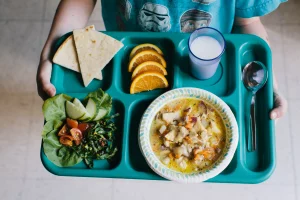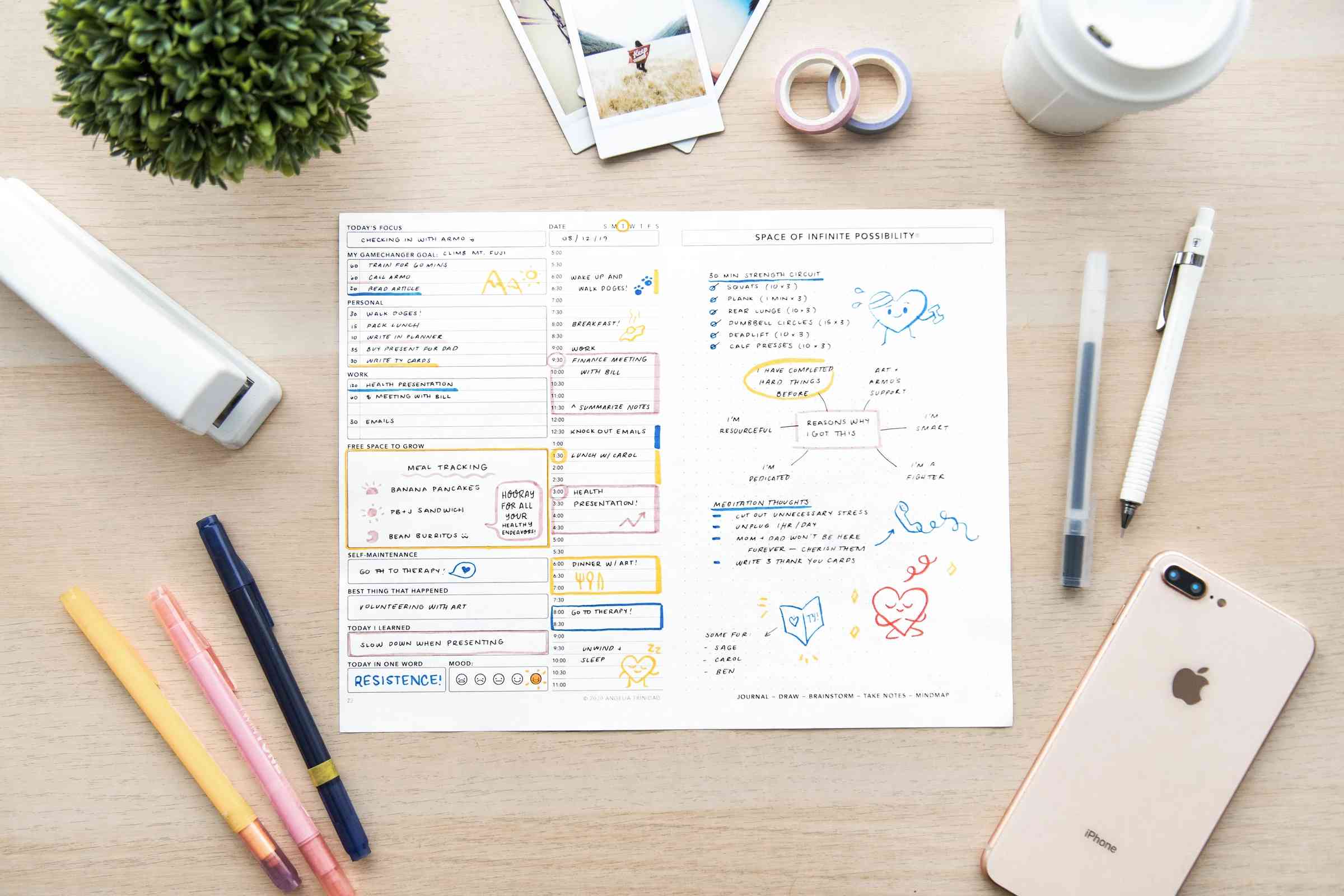How Students with Allergies Make their Way Through the Cafeteria

Living in the dorms on campus has a plethora of perks and opportunities. However, living in an environment where you are not able to cook your own meals can be tricky especially when dealing with food restrictions. Having allergies and intolerances significantly limits your options when eating in a cafeteria setting. In an interview with Carenna Rae, a RA in Miller Hall, she breaks down how she fuels her body with limited options.
Rae was recently diagnosed with Celiac Disease and Irritable Bowel Syndrome (IBS) but has had severe allergies for quite some time. Gluten, dairy, sucrose sugars (this includes natural sugars such as apples, sweet potatoes and coconut) and strawberries are all foods Rae is allergic to. If any of these foods are consumed, Rae experiences severe allergic reactions.
When asked what problems are currently faced in the cafeteria, Rae right off the bat noted the high risk for cross contamination. There have been a couple instances of being served a food that was prepared in a gluten contaminated environment. Having Celiac causes even the tiniest bit of gluten to be extremely dangerous. In order for an environment to be truly Celiac safe, gluten free foods need to be prepared in an area where gluten is not present. This includes all the dishes, utensils, and cooking ware used to have never come in contact with anything containing gluten.
Another problem Rae brought up was the lack of effort some student workers put in to help those with food restrictions. Often, substitute foods such as gluten free noodles, are stored in the back until a student requests them. Rae has been dismissed by some student workers unwilling to leave the station. Students with no food restrictions taking the substitute foods have also been an issue this year. The combination of both these factors has often left Rae with nothing to eat except a basic salad.
Rae strongly advises those living with food restrictions to make connections with workers such as the general manager of Sodexo, Nicole Dowhaniuk, while in the cafeteria. Full-time Sodexo workers are often more thoroughly trained on this matter and are there to help you. Rae notes how important it is to advocate for yourself in order to make sure your body is getting the nutrients it needs to get through life as a college student.
When asked what improvements could be made, Rae noted how Sodexo often starts out the semesters with good intentions. However, once the busyness of the year sets in, quality is not always present. Sodexo offers many opportunities for students to give feedback and has seemed to take their concerns seriously. Rae is hopeful that change will happen and we learn and grow as a North Central community.
Eating a nutritious diet as a college student with a selective menu





